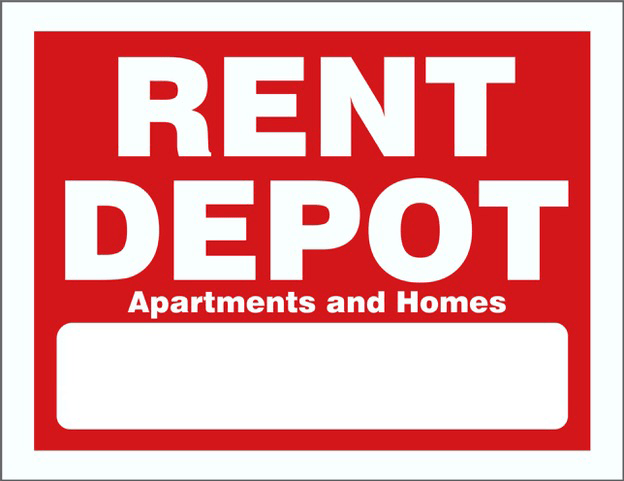As a landlord, you're often the first point of contact when something goes wrong in a rental property. Emergency repairs can be stressful for both tenants and property owners. Knowing how to handle these situations effectively is crucial to maintaining a safe environment for your tenants and protecting the property owner's investment. In this guide, we’ll explore the best practices that we have developed as a property management company for managing emergency repairs in rental properties.
1. Understanding What Qualifies as an Emergency Repair:
First, it's important to define what an emergency repair is. Generally, these are issues that pose an immediate threat to safety, health, or the integrity of the property. Examples include major plumbing leaks, electrical hazards, broken heating systems in winter, and security breaches like broken locks.
2. Quick Response Protocols:
Speed is of the essence in emergencies. Establish a 24/7 response system for tenants to report emergencies. Ensure that everyone understands the protocol for assessing and responding to these reports promptly. Rent Depot has developed a 24/7 call center to handle emergency calls. A live person will answer the call even at 11 PM on Christmas.
3. Vetting and Partnering with Reliable Contractors:
Having a network of trusted, skilled contractors who can respond at a moment's notice is invaluable. Vet your contractors for quality, reliability, and responsiveness. Building strong relationships with them ensures quicker service times for emergency repairs. Rent Depot not only has a network or outside contracts but also skilled in-house technicians on call.
4. Effective Communication with Tenants and Owners:
Keep all parties informed throughout the process. Update tenants on repair timelines and steps being taken. Similarly, inform property owners of situation, actions being taken, and potential costs involved.
5. Documentation and Record Keeping:
Document everything. From the initial report to the completed repair, keep detailed records. Photographs, repair reports, and communication logs can be crucial, especially if insurance claims are involved.
6. Preventative Maintenance:
While not all emergencies can be prevented, regular maintenance can reduce the risk. Conduct seasonal inspections and maintenance to identify and fix potential issues before they become emergencies.
7. Budgeting for Emergencies:
Advise property owners to allocate funds specifically for emergency repairs. This financial preparedness can avoid delays and ensure that issues are addressed promptly.
Conclusion:
Handling emergency repairs efficiently is a critical aspect of property management. By preparing for these situations and responding effectively, you can significantly reduce the stress and impact on your tenants and property owners. Remember, being proactive, having a plan in place, and maintaining open lines of communication are key to successful emergency repair management.

